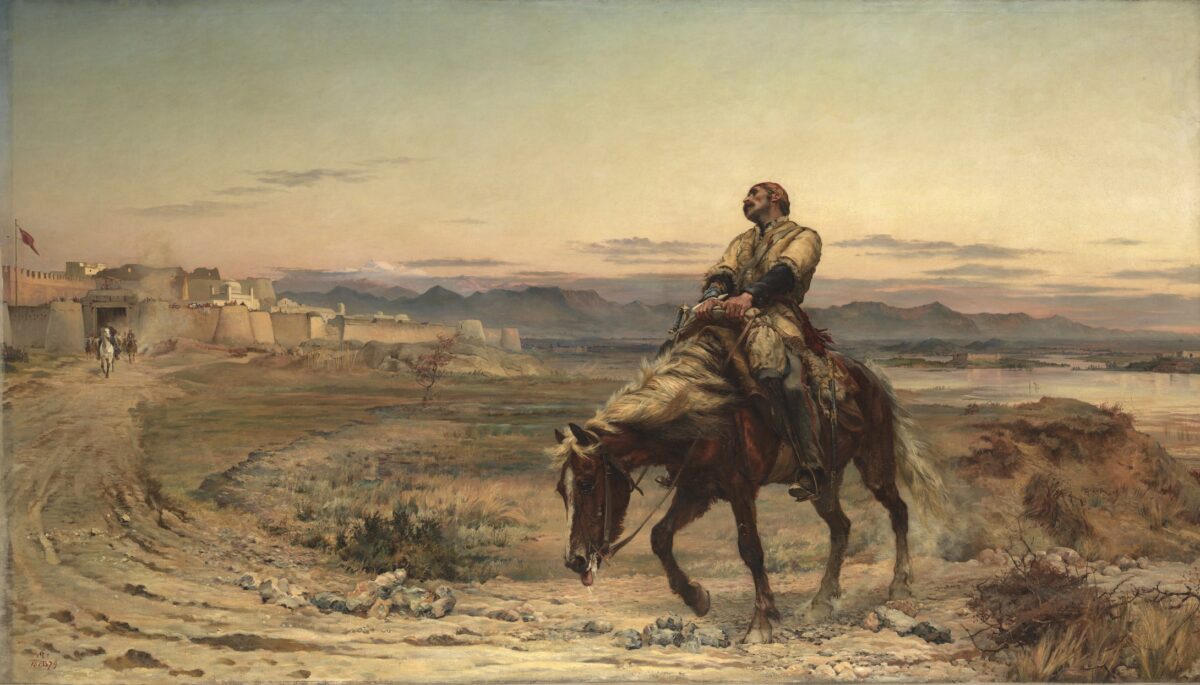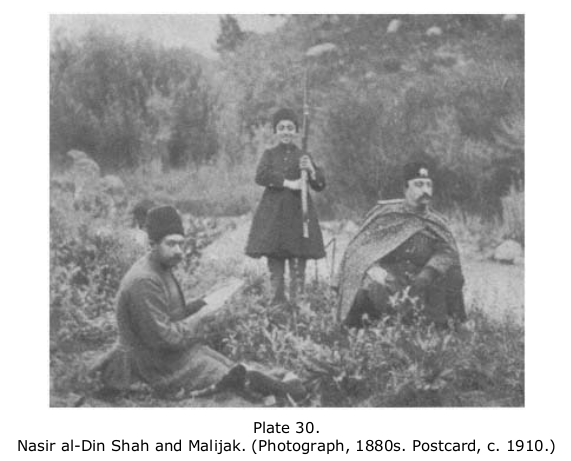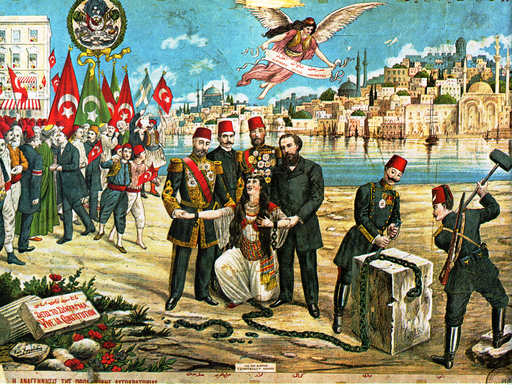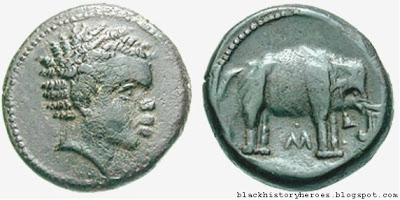Episode 1 of a new mini-series by Dan Freeman-Maloy.
Since the Israeli elections of March 2021, a political philosophy, Kahanism, that was once banned even by Israeli law is openly proclaimed in the Israeli legislature. To the quieter brutality of Israeli colonial rule have been added firebombing Israeli hate crimes against Palestinians – horribly reminiscent of Ku Klux Klan violence – and the open celebration by emboldened Israeli racists of Palestinian pain and death. A colonialism that was once half-hidden is now there for the world to see. This has been clear since Israel’s 2014 killing of hundreds of Palestinian children under the command of current Israeli defence minister Benny Gantz. It was clear after the vicious celebration by Israel’s extreme right wing of a 2015 firebombing of a Palestinian family. And now the horrors of spring 2021.
This is not Judaism. As Yeshayahu Leibowitz warned, this is something else.
As our governments refuse even to speak out against the killing of Palestinian children by an Israeli government that they arm and support, the Israeli press fills with warnings of fascism and, time and again, references to the Third Reich. The lying hypocrisy that refuses to discuss this truth plainly is an affront to humanity, to Judaism, and to all principles of honesty and conscience.
Haidar Eid of Gaza’s Al-Aqsa University has discussed these horrors as the Sharpeville moment of the Palestine tragedy, referring to a tragic but hinge moment in the struggle against South African Apartheid. Refusing to ignore warnings about Israel’s descent into fascism does not mean accepting any further horrors; it certainly does not mean ignoring the inspirational steadfastness of Palestinians. It means taking an honest look at plain facts, warning signs, and anti-racist principles that deserve more than lip service and post-2020 liberal re-branding.
In this first segment of “Monsters in Our Midst,” we underline the legitimacy of anti-racist references to the struggle against old hatreds in the context of Israel’s descent into fascism.





